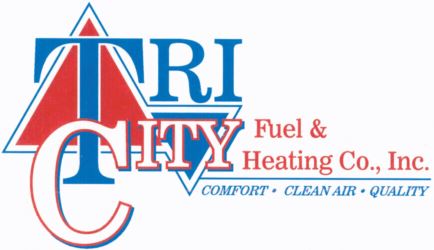
Big changes are coming for the heating and cooling business! Cooling systems transitioning from R-410a to newer refrigerants like R-454B refrigerant and R-32 refrigerant will be coming in 2025. These new coolants are designed to be more beneficial to the environment and comply with updated regulations about global warming. But what does that mean for your existing HVAC system and upcoming services?
This shift will minimize the environmental impact of our air conditioning systems. Starting with 2025, new AC systems will employ an alternative class of refrigerants that better align with climate goals. If you're contemplating getting an AC replacement soon, this is the ideal time to explore how these updates can impact your home's comfort.
Why Is R-410a Refrigerant Being Phased Out by New Regulations?
For years, R-410a was the standard refrigerant for residential air conditioners because it worked so well. But research revealed that R-410a still affects global warming. Because of this, the Environmental Protection Agency (EPA) enacted an initiative back in 2021. The industry will steadily eliminate R-410a to introduce refrigerants that are better for the environment.
The HVAC industry has implemented changes like this before. When the industry moved away from using R-22 (commonly called Freon) to R-410a, residents like you had to follow suit. And in the same way, this shift will affect how systems are constructed as well as the optimal methods for HVAC maintenance. Both residents and HVAC technicians must prepare for these new refrigerants if they wish to keep experiencing the most secure, most cost-effective cooling possible.
New HVAC Refrigerants Replacing R-410a?
The new batch of refrigerants fall under the new "A2L" classification and contain the newest R-454B refrigerant and R-32 refrigerant coolants. They're engineered to deliver the same powerful cooling while substantially decreasing their global warming potential (GWP) compared to R-410a.
R-454B refrigerant is believed to be particularly efficient due to its GWP being approximately 78% less than R-410a. While R-454B refrigerant is actually more flammable than R-410a, updates to system designs and maintenance practices will ensure servicing is just as safe to perform. Additionally, modern cooling systems using R-454B refrigerant are much more energy efficient, resulting in big savings on energy bills over time, especially if you stay on top of routine HVAC maintenance.
This transition isn't simply about replacing the refrigerant—it impacts the whole HVAC system because the components of R-454B refrigerant make it incompatible with older systems. In time, every household and business using R-410a will have to transition to one of the new systems.
R-410a Replacement: What Should I Consider in Order to Transition to New HVAC Refrigerants?
Transitioning to the new refrigerants isn't as easy as substituting what's used in your home's HVAC system. That's because the distinct properties of R-454B refrigerant and R-32 refrigerant make existing R-410a systems incompatible. But don't be concerned—you can still use your current R-410a system for now. Just be aware that as time goes on, the expense of repairs and tune-ups will rise as R-410a becomes scarcer.
Anticipating the changes is the best way to manage things. If your AC system is already aging, this is the ideal time to consider upgrading to a newer model that uses the new R-454B refrigerant. Plus, the HVAC specialists here at Tri City Fuel & Heating can support you with switching with flexible options for HVAC replacement financing.
Which Refrigerant Is in My AC System?
Unsure which refrigerant your AC system utilizes? In general, you can easily find this information by examining the label on your outdoor unit. This label displays the type of refrigerant, the model number and many other specifications about your cooling system.
But if you are unable to decipher the label or are missing your user manual, remain calm! You can always connect with one of the skilled technicians at Tri City Fuel & Heating to help you in figuring it out. Get all the info you need by contacting us at 803-265-4208.


